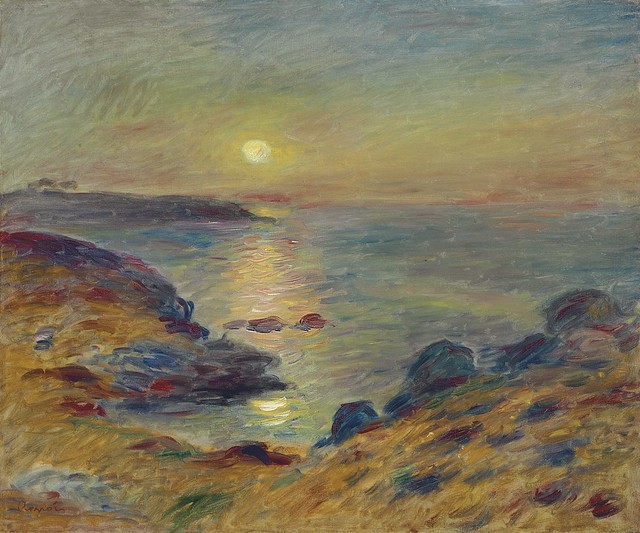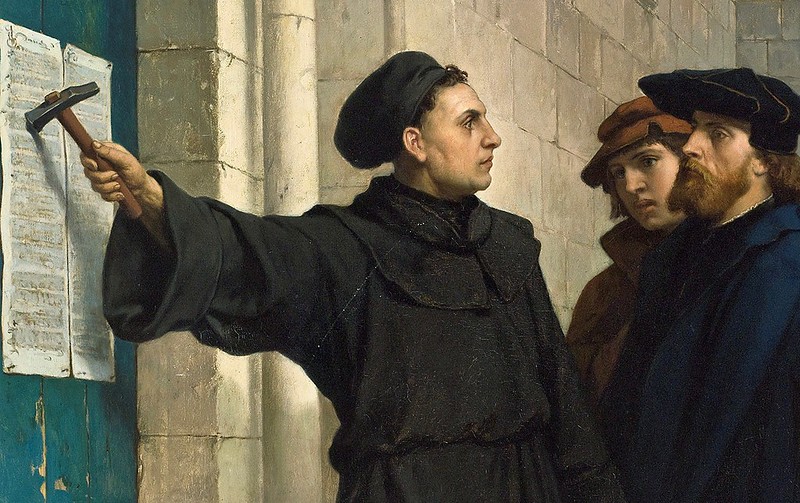How Christians Should Speak About Creation

How Christians Should Speak About Creation
Brian Zahnd
This year Earth Day falls on a Sunday, so I thought I’d say a few words about how Christians should speak about Creation.
First, Christians should never say…
This world is not my home.
This world is our home! And it’s the locus of God’s saving work. The blessed hope is not “we’re going,” but “Christ is coming.” Our eschatological hope is resurrection, not evacuation. The risen Christ is not a ghost, he has flesh and bones; he eats fish and honeycomb.
It’s all going to burn.
What a horrible, ghastly thing for a Christian to say! Especially when it’s given as an excuse for justifying environmental exploitation. In Christ we have a hopeful eschatology that says, “It’s all going to be renewed.” (And if you want to work from 2 Peter 3:10, say, “It’s all going to be refined.”)
Environmentalism is idolatry.
Never say that. Instead say, “This is my Father’s world.” In giving humanity “dominion,” God made us park rangers of Planet Earth. Environmentalism isn’t idolatry — it’s the original vocation given to humanity. Environmentalism isn’t idolatry — but greed is! In Revelation we’re told that God will judge “those who destroy the earth.”
Instead of saying un-Christian things like, “This world is not my home,” “It’s all going to burn,” and “Environmentalism is idolatry,” listen to how wise Christians have always spoken about Creation.
Read more

